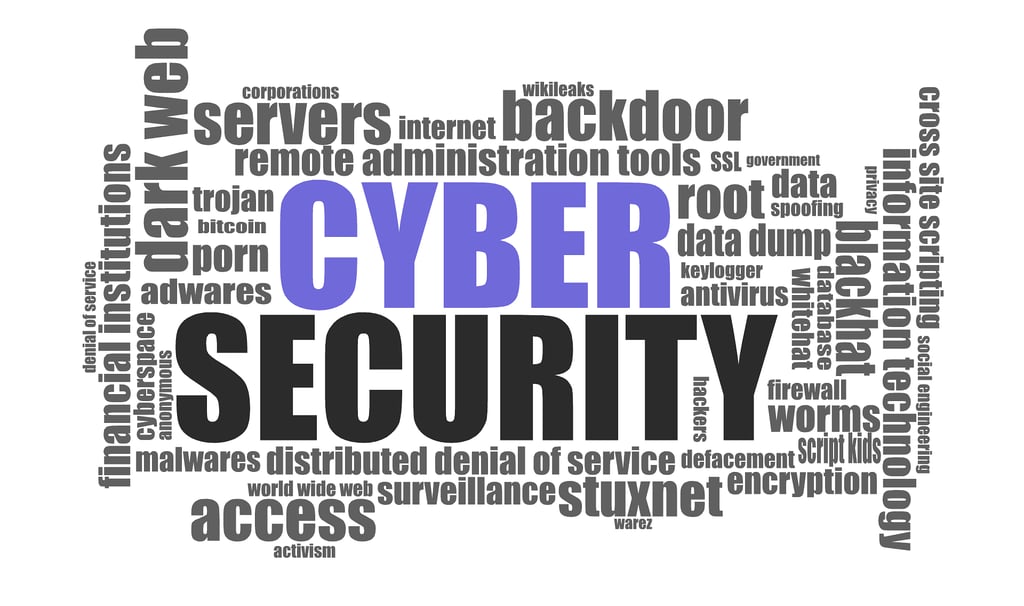

CyberSecurity
Quantum Cryptography and Secure Communications: Quantum computing introduces revolutionary methods for secure communication. Quantum Key Distribution (QKD) leverages quantum mechanics principles to create theoretically unbreakable encryption. This technology enables the detection of any eavesdropping attempts, as observing a quantum system inherently disturbs it. QKD could provide a new level of security for sensitive data transmission in fields like finance, government, and healthcare.
Threat to Classical Encryption: Quantum computers pose a significant threat to many current encryption methods. Algorithms like Shor's algorithm could potentially break widely used public-key cryptography systems such as RSA and Elliptic Curve Cryptography (ECC). This vulnerability extends to much of our current digital infrastructure, including secure websites, digital signatures, and virtual private networks (VPNs). The cybersecurity community is racing to develop quantum-resistant alternatives before large-scale quantum computers become a reality.
Development of Post-Quantum Cryptography: In response to the quantum threat, researchers are developing post-quantum cryptography (also known as quantum-resistant cryptography). This involves creating new algorithms that are believed to be secure against both quantum and classical computers. Promising approaches include lattice-based cryptography, hash-based signatures, and code-based cryptography. These new methods aim to secure our digital future in the age of quantum computing.
Enhanced Random Number Generation: Quantum processes can generate true random numbers, which are crucial for creating strong encryption keys. Quantum Random Number Generators (QRNGs) could significantly improve the security of cryptographic systems by providing higher-quality randomness than classical methods. This could strengthen various security protocols and make them more resistant to attacks.
Quantum-Safe Blockchain Technology: As blockchain technology relies heavily on current cryptographic methods, the advent of quantum computing necessitates the development of quantum-resistant blockchains. This involves implementing post-quantum cryptographic algorithms to secure cryptocurrencies and other blockchain applications against potential quantum attacks.
Improved Intrusion Detection Systems: Quantum sensors could detect the tiniest disturbances in systems, potentially identifying intrusion attempts with unprecedented accuracy. This could lead to more effective Intrusion Detection Systems (IDS) and Intrusion Prevention Systems (IPS), enhancing network security across various sectors.
Quantum Machine Learning for Threat Detection: Quantum-enhanced machine learning algorithms could analyze network behavior more efficiently, potentially identifying cyber threats and anomalies faster and more accurately than classical methods. This could significantly improve real-time threat detection and response capabilities.
Quantum-Safe Identity and Access Management: The development of quantum-resistant authentication methods is crucial for ensuring secure access to systems in the post-quantum era. This includes creating new protocols for digital signatures, multi-factor authentication, and identity verification that can withstand quantum attacks.
Challenges in Quantum-Safe Transition: Transitioning to quantum-safe cybersecurity presents significant challenges. These include the need to update legacy systems, develop new security standards, and train cybersecurity professionals in quantum technologies. Organizations must also consider the crypto-agility of their systems to facilitate smooth transitions to new algorithms as needed.
Quantum Radar and Stealth Technology: In the realm of physical security, quantum radar could potentially detect stealth aircraft and other objects designed to be invisible to classical radar systems. Conversely, quantum stealth technology might make objects undetectable to both classical and quantum detection methods, presenting new challenges and opportunities in security and defense.
Future of Cybersecurity in the Quantum Era: As quantum computing advances, the cybersecurity landscape will need to evolve rapidly. This will likely lead to a new era of quantum-enhanced cybersecurity measures and protocols. The interplay between quantum computing and cybersecurity will continue to be a critical area of research and development, shaping the future of digital security in profound ways.
Preparing for the Quantum Threat: Organizations and governments are already taking steps to prepare for the quantum era in cybersecurity. This includes investing in quantum research, developing quantum-safe cryptography standards, and implementing crypto-agile systems that can quickly adapt to new cryptographic methods. The goal is to ensure a smooth and secure transition as quantum computing capabilities continue to advance.
CopyRetry
